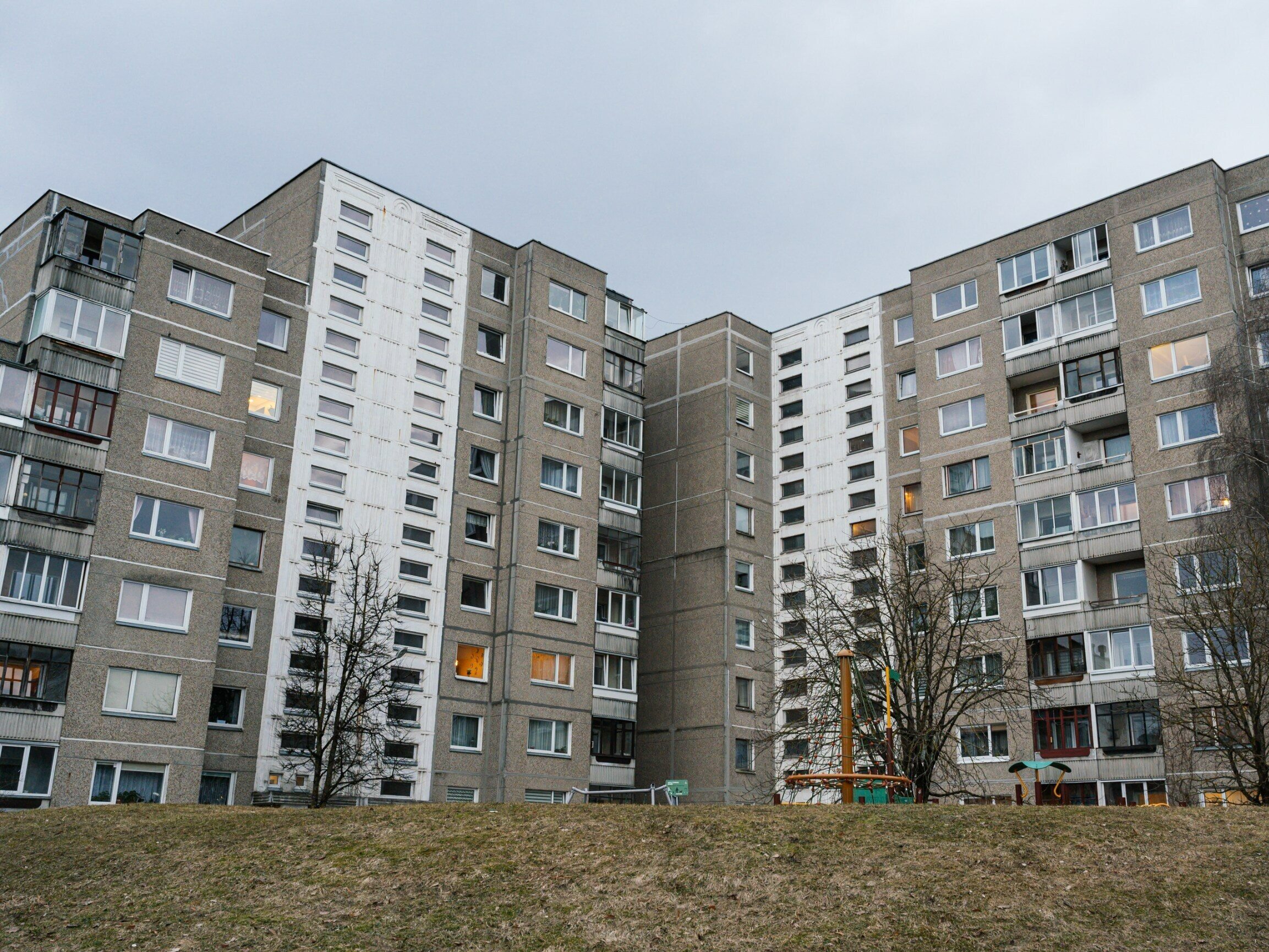Poland the happiest country in Europe? The research results are surprising

The EU happiness ranking shows that Poles can enjoy life without worries. Germany was at the bottom of the list.
While Polish cities regularly rank among the most beautiful places in Europe, their high position on the list of the happiest EU citizens may come as a surprise. Especially because our homeland defeated many European powers on its way to the top. “Germany is at the other end of the ranking, second only to Bulgaria,” the Eurostat report shows.
Austria, Poland and Romania are the happiest countries in the European Union
Citizens of these countries are considered the happiest in the entire EU. The union currently consists of 27 independent countries, and among them, Poland is considered by Eurostat to be the second happiest place to live. How was the study conducted? “Every year, the official statistical agency Eurostat measures how happy a sample of the population in each Member State is with their lives,” says Euronews.
A 10-point scale was chosen as the type of measurement, in which 10 meant the maximum degree of satisfaction. The victorious Austria managed to receive 7.9 points, and the next one, Poland, 7.7. Our country took second place ex aequo with Romania and Finland. Euronews also wonders why middle-income Poland is at the top of the rankings and says that perhaps “having more money doesn’t necessarily mean more happiness.”
The inhabitants of these countries do not consider themselves happy
Eurostat placed Bulgaria at the other extreme with an index of 5.6 points. Germany (6.5) and Greece (6.7) ranked slightly higher. It is difficult to assume that wealth had a greater impact on the study results when the extreme results seem to completely ignore this factor. “Although Germany has one of the strongest economies of the 27 countries, its happiness numbers are not kind,” the article reads. Interestingly, the age of the respondents also influenced the declared level of life satisfaction. As it turns out, despite many problems that young generations have to face, their representatives still consider themselves happier. “People aged 16 to 29 showed higher life satisfaction compared to people aged over 65,” we read.






